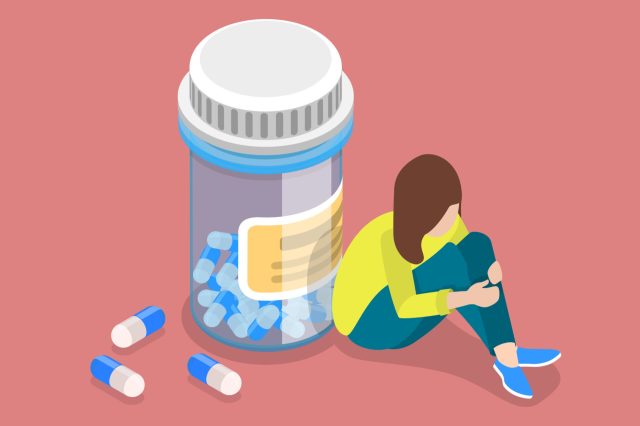Course Summary
Practice Level: Intermediate
This updated manual contains a 12-week cognitive behavioral anger management group treatment model. The content includes specific instructions and suggested remarks for group leaders, and exercises for group members. This model will work in a variety of clinical settings, and with diverse audiences.
Course Format
This course contains downloadable online lessons (PDF) and a practice test. When you’re ready, purchase the course by clicking the “Add To Cart” or “Enroll” button. This will let you take the test, complete the course evaluation and receive your certificate for CE credits.
Learning Objectives
- Recognize the benefits of cognitive behavior interventions for anger management, necessary conditions for treatment, and the purpose of group rules for anger management treatment.
- Differentiate anger, aggression, assertiveness, and hostility.
- Explain cues for anger and other anger monitoring techniques.
- Describe anger control plans, the aggression cycle, and cognitive restructuring as it relates to anger management, and the conflict resolution model.
- Identify ways to help clients understand how past learning influences present behavior.
Course Syllabus
SyllabusForeword
Introduction
How To Use This Manual
Session 1 Overview of Group Anger Management Treatment
Session 2 Events and Cues: A Conceptual Framework for Understanding Anger
Session 3 Anger Control Plans: Helping Group Members Develop a Plan for Controlling Anger
Session 4 The Aggression Cycle: How To Change the Cycle
Session 5 Cognitive Restructuring: The A-B-C-D Model and Thought Stopping
Session 6 Practice Session #1: Reinforcing Learned Concepts
Sessions 7 & 8 Assertiveness Training and the Conflict Resolution Model: Alternatives for Expressing Anger
Sessions 9 & 10 Anger and the Family: How Past Learning Can Influence Present Behavior
Session 11 Practice Session #2: Reinforcing Learned Concepts
Session 12 Closing and Graduation: Closing Exercise and Awarding of Certificates
References
Authors
Patrick M Reilly, PhD & Michael S. Shopshire, PhD for SAMHSA
The Substance Abuse and Mental Health Services Administration (SAMHSA) is an agency within the U.S. Department of Health and Human Services. SAMHSA leads public health efforts that advance the behavioral health of the nation. On samhsa.gov SAMHSA states that its mission is to reduce the impact of substance abuse and mental illness on communities in America.
Accreditation Approval Statements
CE4Less.com is approved by the American Psychological Association to sponsor continuing education for psychologists. CE4Less.com maintains responsibility for this program and its content.
CE4Less.com, provider #1115, is approved as an ACE provider to offer social work continuing education by the Association of Social Work Boards (ASWB) Approved Continuing Education (ACE) program. Regulatory boards are the final authority on courses accepted for continuing education credit. ACE provider approval period: 08/08/21-08/08/24. Social workers completing this course receive 3 clinical continuing education credits.
CE4Less.com has been approved by NBCC as an Approved Continuing Education Provider, ACEP No. 6991. Programs that do not qualify for NBCC credit are clearly identified. CE4Less.com is solely responsible for all aspects of the programs.
Courses have been approved by CE4Less.com, as a NAADAC Approved Education Provider, for educational credits. NAADAC Provider #91345 CE4Less.com is responsible for all aspects of the programming.
We are committed to providing our learners with unbiased information. CE4Less never accepts commercial support and our authors have no significant financial or other conflicts of interest pertaining to the material.

